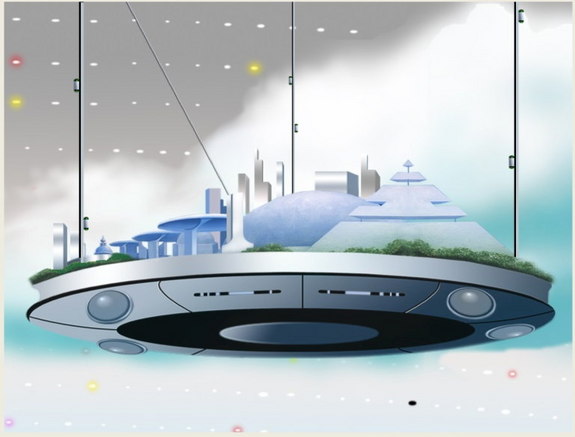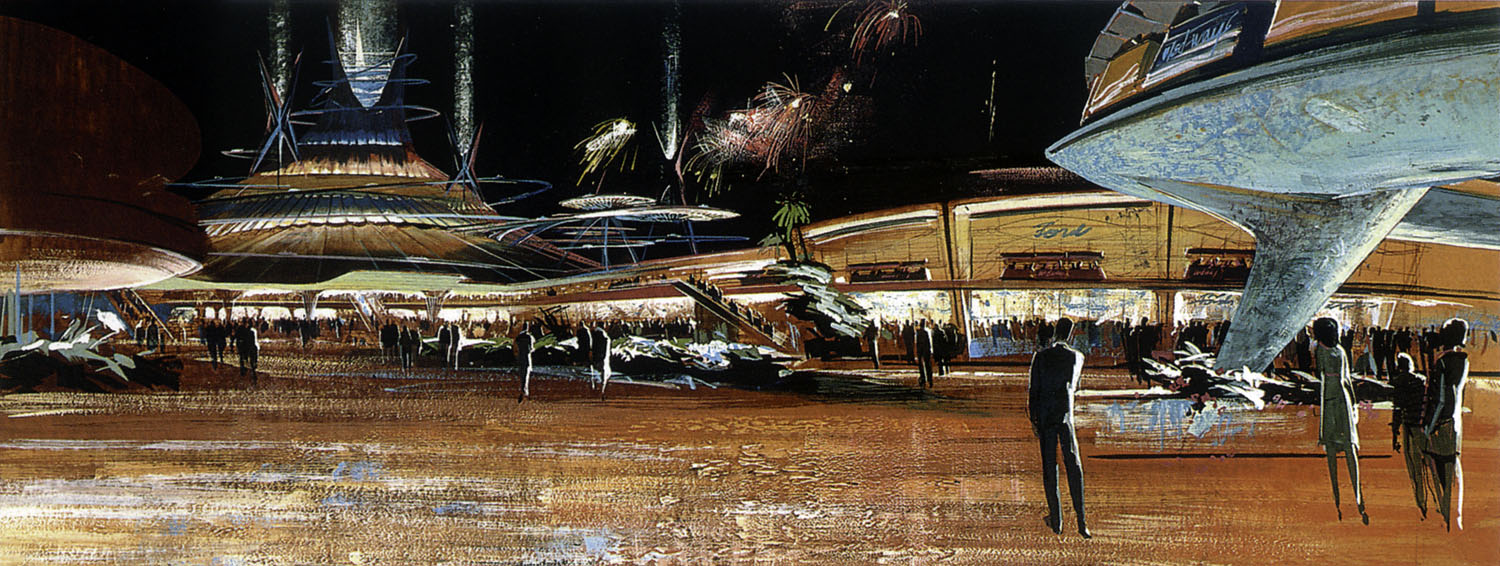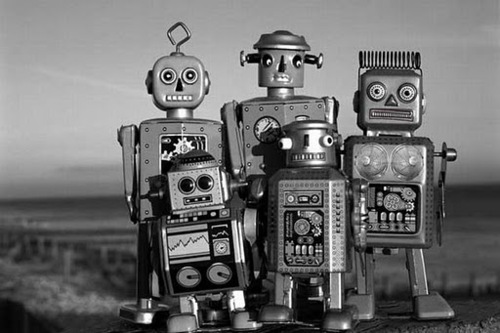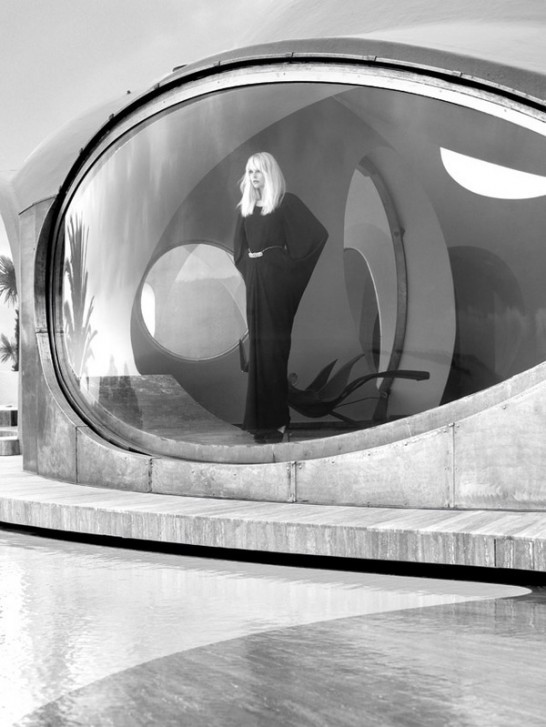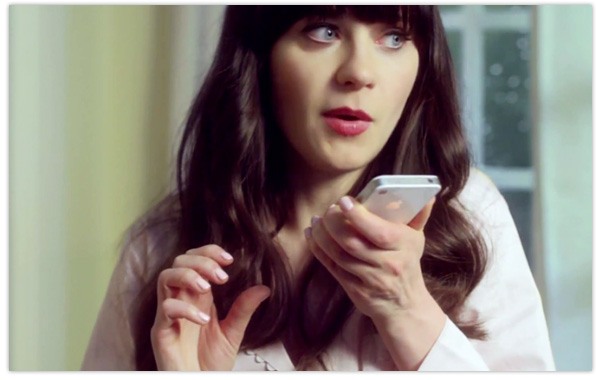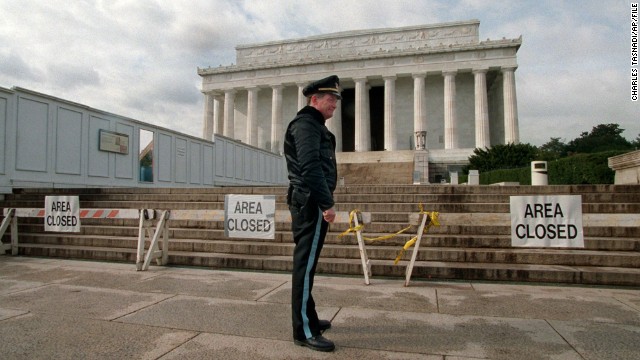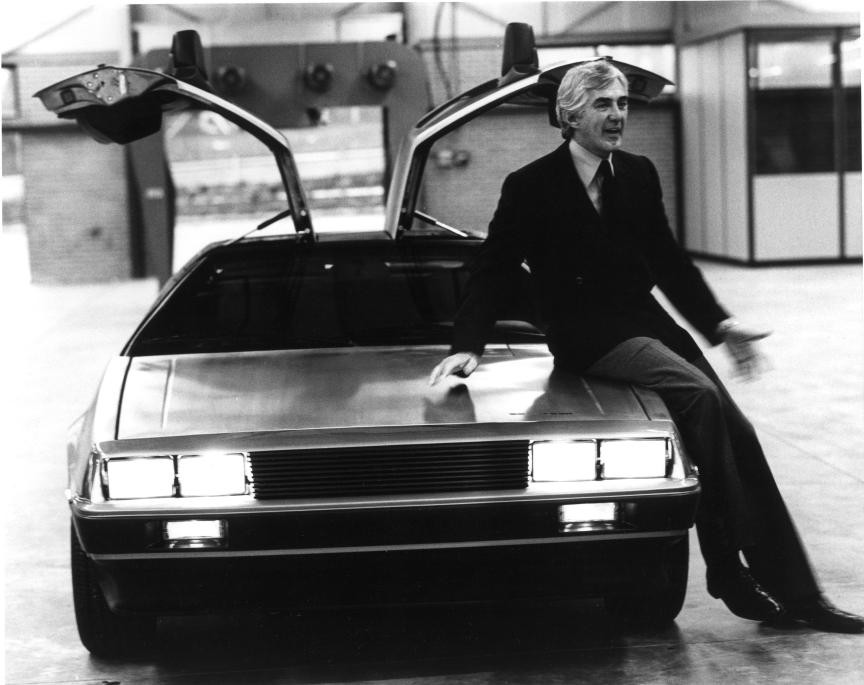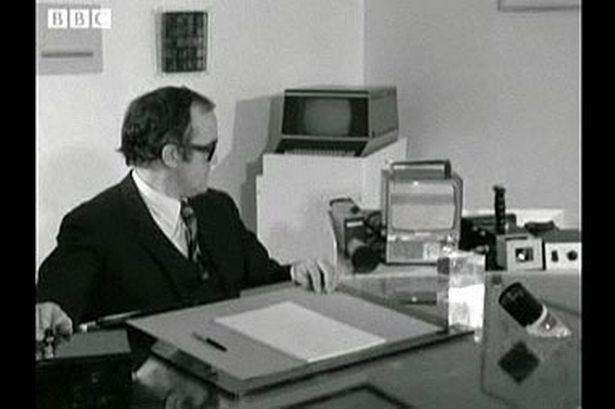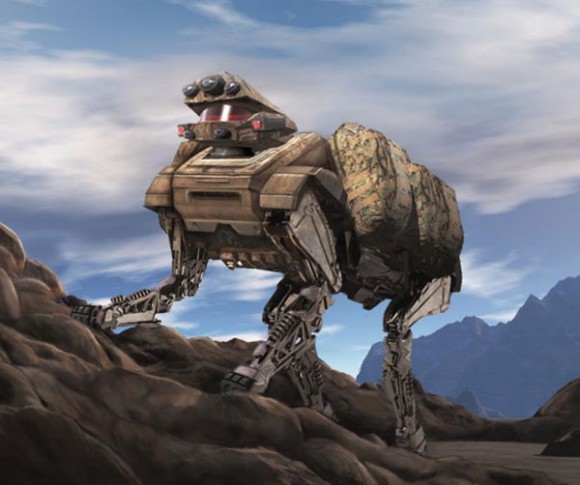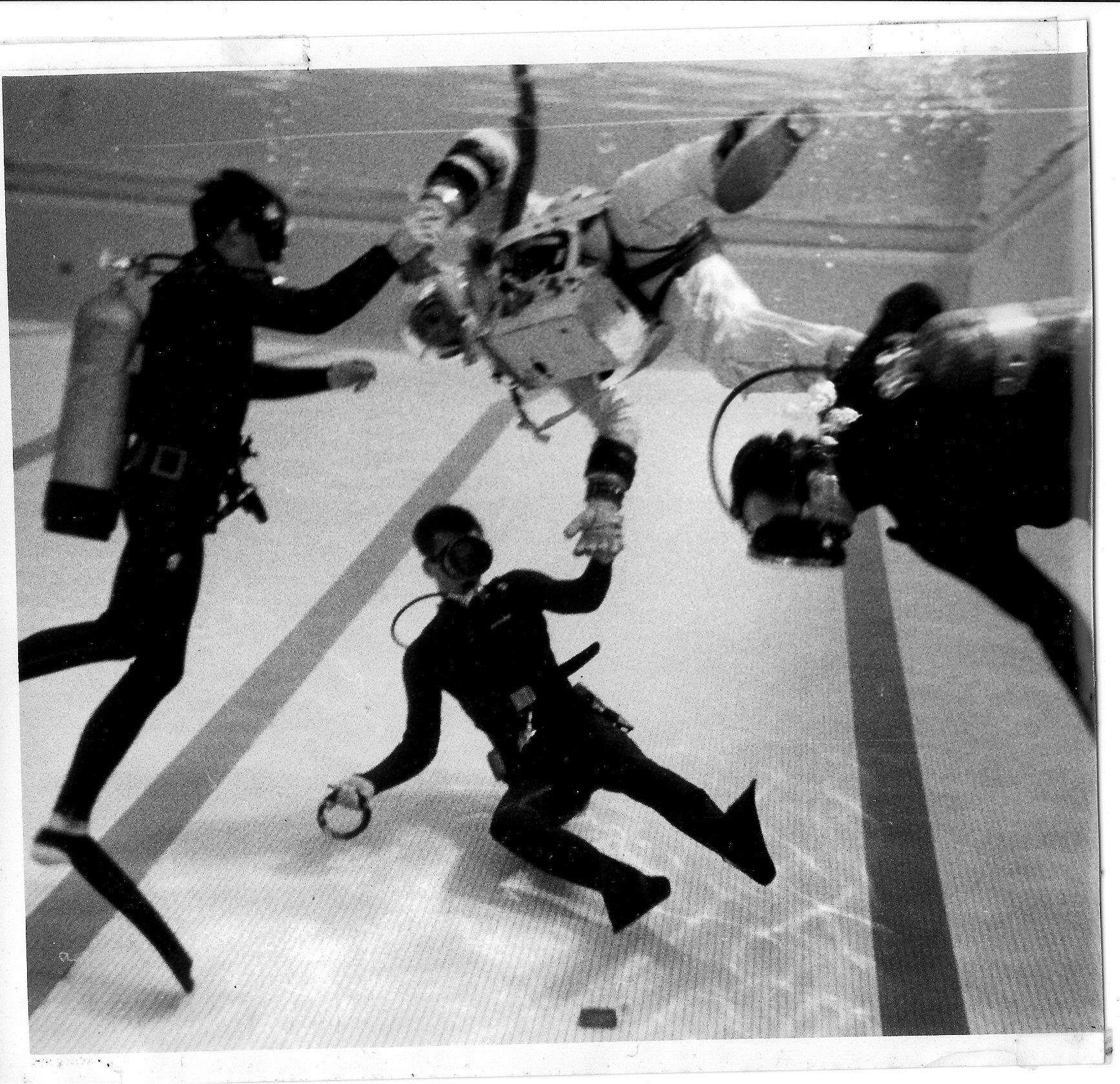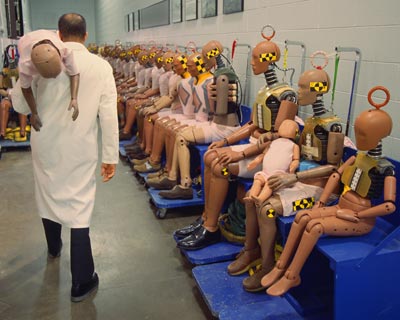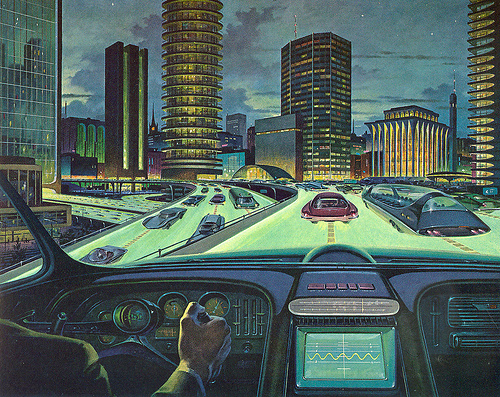
“He succeeded in convincing the awestruck onlookers that he had pulled a large wad of hair out of the girl’s mouth.”
The heart wants what the heart wants, but the mind doesn’t readily make itself up. So we can accomplish anything, even catching or spreading illnesses that don’t actually exist, if only we believe. Some true believers were profiled in the August 8, 1905 New York Times. The story:
“Orange–The Italian colony in Orange is all stirred up to-day. The residents of that section have an idea that a witch is loose and playing hob with the belles of the settlement. Two girls have been under the ‘spell.’ They are Clementina Carnizzo, seventeen years old, and Rosina Russo, nineteen years old, both of 11 Hurlbut Street. Drs. Frederico Loungo, John H. Bradshaw, and Giovanni Megaro, who have attended them, all diagnose the cases as hysterical convulsions.
The Carnizzo girl was the first to be ‘stricken.’ She was under treatment for a month. Then a ‘witch doctor’ was summoned to treat the case. He was successful to the extent of $30. By a deft sleight of hand trick he succeeded in convincing the awestruck onlookers that he had pulled a large wad of hair out of the girl’s mouth. The feat gave the girl’s friends much satisfaction, and the girl seemed relieved. Apparently the malady is communicable, for the Russo girl, who is a chum of Clementina, became ill with hysteria and convulsions a few days ago. The ‘witch doctor’ duplicated his interesting treatment with the aid of $30 and a wad of hair, and there was an improvement in that case, too.

“It was decided that she had a ‘dog devil.'”
Then Clementina started to bark like a dog, and it was decided that she had a ‘dog devil.’ The Rev. Father Romanelli, rector of the Church of Our Lady of Mount Carmel, was called in. Father Romanelli has ordered the ‘devil’ to get out, and it is believed that the evil spirit is packing up now, for the girls had a good night’s sleep last night, after having had one or two convulsions, and to-day they seemed much better.
Dr. Loungo says the cases are simply examples of hysteria, and the communication from one girl to the other is merely a phase of hysterical contagion common in emotional people. The response to the treatment of the ‘witch doctor’ was due to suggestion by him coupled with seemingly tangible proof.
Nevertheless, the Italians take the matter very seriously, and it would not surprise the doctors if there were an epidemic of the cases for a while.”

